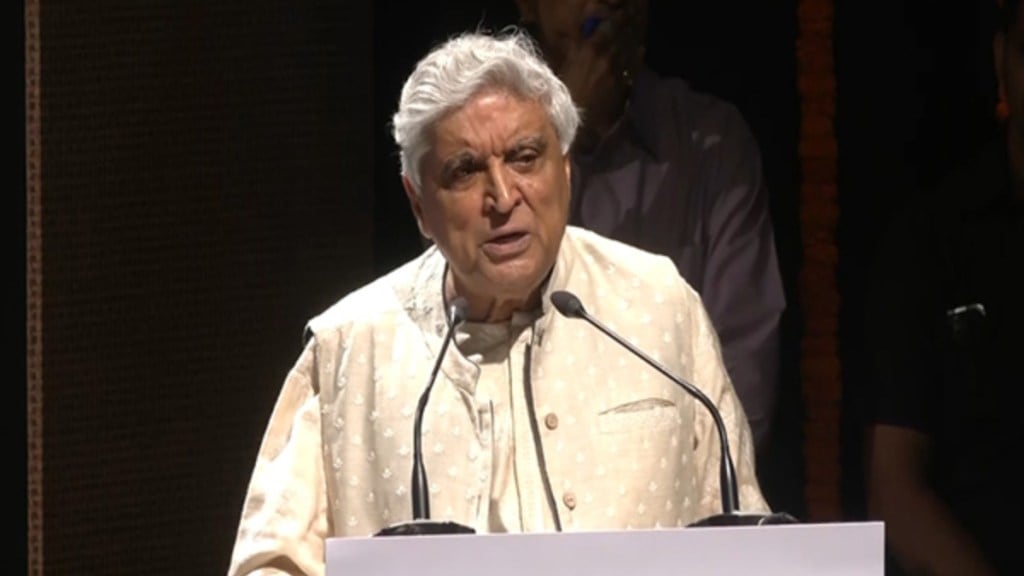Lyricist, poet and outspoken intellectual Javed Akhtar stirred both admiration and controversy on Saturday with a biting, ironic remark delivered at the launch of Shiv Sena (UBT) MP Sanjay Raut’s book ‘Narkatla Swarg’ (Heaven in the Swamp) in Mumbai.
Addressing a packed audience, Akhtar reflected on the regular backlash he faces from both ends of India’s political and religious spectrum.
#WATCH | Mumbai: "Many people encourage me and praise me. But it is true that people from both sides abuse me. One side say you are a Kafir and will go to hell. The other side say you are a Jihadi and go to Pakistan. If I have to choose between hell and Pakistan, I would prefer… pic.twitter.com/peRIBwCH5E
— ANI (@ANI) May 17, 2025
“People from both sides abuse me — it’s not just one group,” Akhtar said. “But I would be wrong not to mention that there are also many people who treat me kindly. A lot of them appreciate what I do, they say good things about me and they give me the strength to keep going.”
The veteran lyricist added, with characteristic irony: “If even one of them stops abusing, I will get worried about what mistake I am making.”
He went on to deliver a remark that quickly went viral, “One side says you are a Kafir and will go to hell. The other side says you are a Jihadi and go to Pakistan. If I have to choose between hell and Pakistan, I would prefer to go to hell,” Akhtar said.
The statement has since rippled across social media and political circles, drawing mixed reactions. Supporters praised Akhtar for his fearless stance against polarised hate speech, while critics accused him of needlessly stoking controversy.
A history of his unflinching commentary
Akhtar, a Padma Bhushan awardee, is no stranger to incendiary commentary. Renowned for challenging religious extremism—both Islamic and Hindu—he often finds himself targeted by multiple ideological camps. Over the years, his criticisms have ranged from condemning the Taliban and Islamic orthodoxy to denouncing Hindutva politics, resulting in backlash from conservative Muslim groups and Hindu right-wing outfits alike.
RSS-Taliban comparison and Lahore remarks
In 2022, Akhtar provoked nationwide uproar when he compared the Rashtriya Swayamsevak Sangh (RSS) to the Taliban, prompting police complaints and sharp rebukes from BJP leaders. A year later, during a literary festival in Lahore, he once again made headlines by publicly stating: “Those who did this (26/11) are still roaming freely in your country.”
Akhtar’s comments continue to evoke strong reactions, reinforcing his role as a cultural figure unafraid to speak against communalism and ideological extremism.

